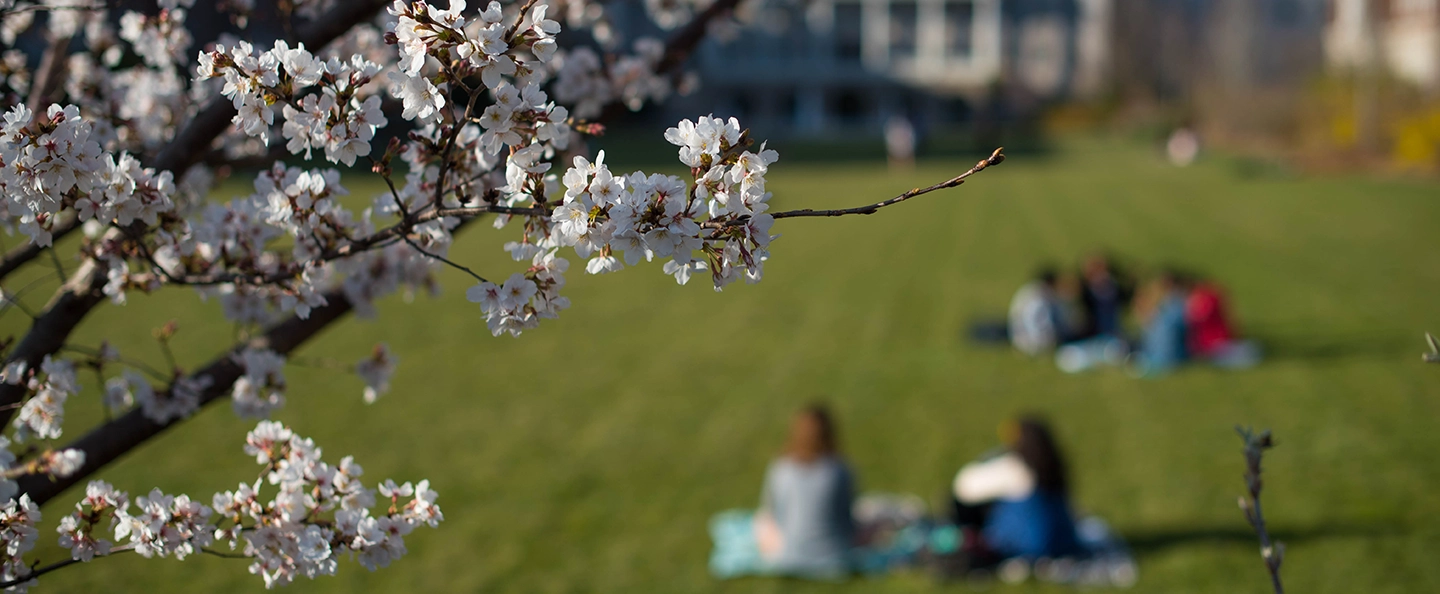Suggested Readings: Isaiah 55:1-9, Psalm 63:1-8, 1 Corinthians 10:1-13, Luke 13:1-9
Psalm 63 opens, “Oh God, you are my God, I seek you, my soul thirsts for you.” Longing for what theologian Paul Tillich called “the meaning that gives rise to all meanings,” is like spiritual hunger; the absence of something necessary causes dread and anxiety. Seventy years ago, Tillich asserted that meaninglessness is the defining theological problem of our historical epoch. Each decade since offered deeper confirmation.
Spiritual hunger calls for spiritual food. After “beholding your power and glory,” the psalmist declared, “my soul is satisfied as with a rich feast.”
The prophet Isaiah invites “everyone who thirsts, come to the waters… buy wine and milk without money.” Spiritual food, available to all, isn’t free, but it is bought with something other than money. That’s the problem: we try to buy spiritual food with a false currency, and thereby purchase only false goods. Isaiah asks why “spend your money for that which is not bread?” His advice is as obvious-sounding as it is difficult to follow: “Eat what is good.”
We are not advised to eat what seems to be good, or what tradition considers good, but what is actually good. Luke offers a parable of someone about to uproot a fig tree that has been barren for three years. It supplies them with no food, so they think it best to cut the tree down. A gardener urges restraint and proper fertilization, and to wait for one more year. Patience and deference to others paid off.
Reading the parable, we like to cast ourselves as the gardener, wisely guiding others in developing their own spiritual nutrition. As mortals, however, that is not our role. We are the person with a barren fig tree, thinking it probably best to cut it down, needing the council of a nurturing gardener. Through impatience and arrogance, we are often too inclined towards exclusion, possessiveness, and even violence. Christians are not an exception. The tree of spiritual nourishment is available, but we can learn to harvest its fruit only if we shed inclinations towards dominant control, and instead join patient and nurturing communities.
Scripture teaches us that it is too easy to think we are buying the real thing when we have brought only false currency to the market of spiritual goods. How can we know whether we are seeking meaning from meaningful things? What does spiritual bread look like?
Noel Boyle


